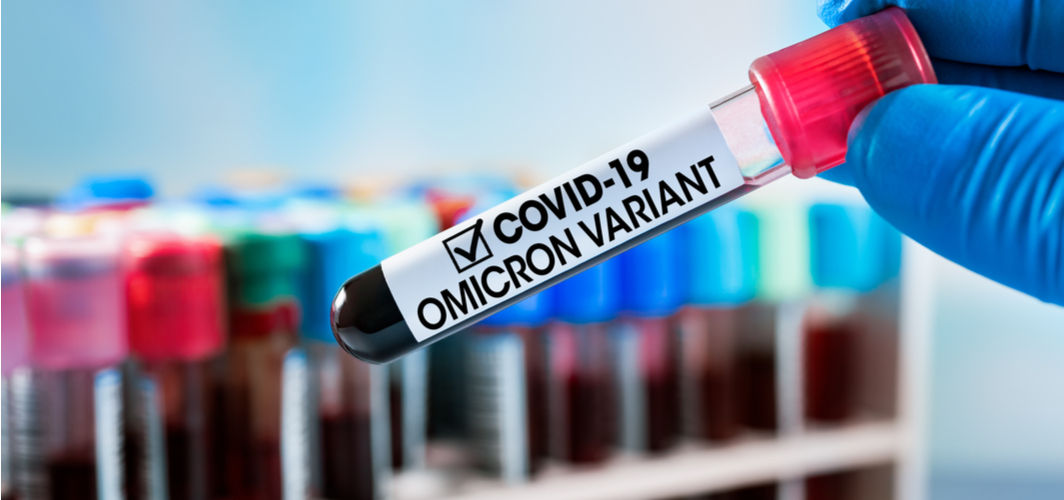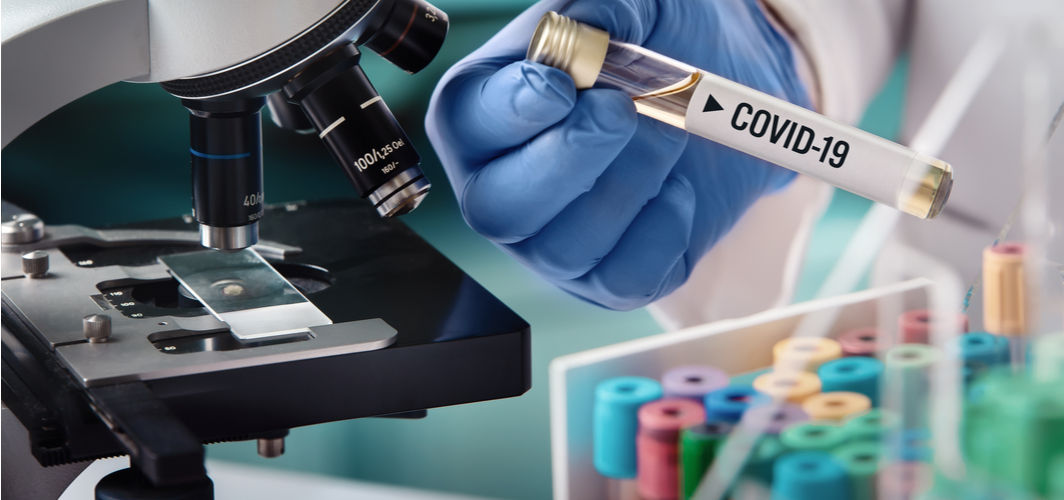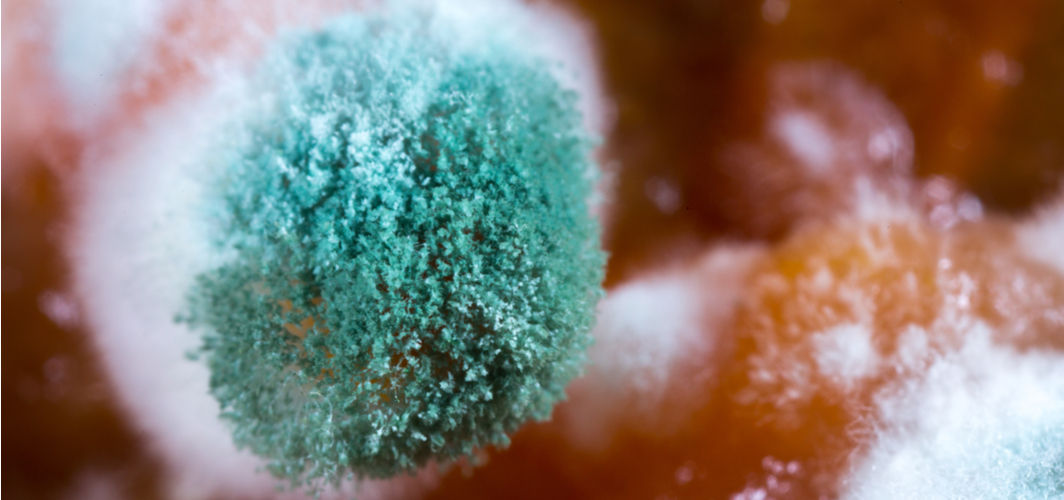Coronavirus Updates
Can RT-PCR Tests Detect the Omicron Strain?
3 min read
By Apollo 24/7, Published on - 06 December 2021, Updated on - 18 October 2022
Share this article
7
37 likes

The emergence of the Omicron SARS-CoV-2 variant has rung alarm bells all over the world. According to the World Health Organization, the global risk posed by the new variant is very high. Data from preliminary research suggests that Omicron is highly transmissible, and may be capable of evading immunity induced by prior viral exposure or through vaccines. Experts say that timely detection of the Omicron is crucial to slow down its transmission.
Fortunately, the variant can be detected by certain reverse transcription-polymerase chain reaction (RT-PCR) tests being used all over the world, unlike other SARS-CoV-2 variants whose presence can be ascertained only through genetic sequencing. This can aid timely detection of the variant and control its spread.
Nevertheless, this might not be as simple and straightforward as it seems. Experts caution that most RT-PCR tests currently being used in India may not be able to differentiate between Omicron and other prevalent variants. The article explores the potential of the RT-PCR test in detecting the latest variant.
What is the COVID-19 RT-PCR test?
The COVID-19 RT-PCR test is a molecular test that has been authorized for use since February 2020. It is often referred to as the gold standard test that provides accurate and reliable results. The RT-PCR test procedure involves collecting specimens from the upper respiratory tract with a nasal swab, isolating (extracting) genetic material of the SARS-CoV-2 virus, and using the PCR technique to amplify the amounts of ribonucleic acid (RNA) from specimens into deoxyribonucleic acid (DNA), which is replicated until the virus is detectable, if present.
Can RT-PCR tests accurately detect the Omicron variant?
It is worth noting that the Omicron is not the only SARS-CoV-2 variant with mutations in the spike protein. The Alpha variant also has mutations in the same region and could exhibit similar behavior in RT-PCR tests. Nevertheless, the prevalence of the Alpha variant in the Indian populace has declined significantly. Therefore, the RT-PCR COVID-19 test can still prove to be a useful diagnostic tool to identify and isolate potential carriers of the Omicron variant.
According to experts, the ability of an RT-PCR kit to detect the variant largely depends on the primers (chemical constituents that pick up the identifiers). Sadly, not much is known about the primer details of the majority of kits used in India. Therefore, it is not possible to speculate whether a particular RT-PCR kit will be able to detect the variant or not.
Takeaway
The Omicron variant has generated concern amongst the scientific community and the public. Scientists suspect the unusually high number of mutations may make the virus more transmissible and render the vaccines ineffective. They say timely detection of the variant is key to containing its transmission. Fortunately, the Omicron variant can be detected through the RT-PCR tests already being used worldwide.
The detection of the Omicron variant relies on the primers (chemical constituents in the RT-PCR kit). However, very little is known about the primer details of the majority of kits used in India. It is hoped that government and healthcare organizations will take active steps to procure RT-PCR kits that use primers with the ability to detect the Omicron variant.
If you experience any symptoms of the Omicron variant infection:
Coronavirus Updates
Leave Comment
Recommended for you

Coronavirus Updates
All You Need to Know about COVID-19 Testing Kits in India
Many Coronavirus testing kits are being developed in India and globally to combat the growing number of COVID-19 cases. The data from these tests can offer significant insights needed to stop or slow the progression of the disease.

Coronavirus Updates
How Can Pregnant Women Protect Themselves from a Potential Third Wave of COVID-19?
Several studies have shown that COVID-19 infection during pregnancy can not only affect the health of the pregnant woman but also increase the risk of severe diseases in the fetus.

Coronavirus Updates
Does Coronavirus Spread Through the Air?
Early research suggests that Coronavirus can spread both through infected droplets as well as through contact.
Subscribe
Sign up for our free Health Library Daily Newsletter
Get doctor-approved health tips, news, and more.
Visual Stories

Decoding India’s Fungal Epidemic Triggered by COVID-19
Tap to continue exploring
Recommended for you

Coronavirus Updates
All You Need to Know about COVID-19 Testing Kits in India
Many Coronavirus testing kits are being developed in India and globally to combat the growing number of COVID-19 cases. The data from these tests can offer significant insights needed to stop or slow the progression of the disease.

Coronavirus Updates
How Can Pregnant Women Protect Themselves from a Potential Third Wave of COVID-19?
Several studies have shown that COVID-19 infection during pregnancy can not only affect the health of the pregnant woman but also increase the risk of severe diseases in the fetus.

Coronavirus Updates
Does Coronavirus Spread Through the Air?
Early research suggests that Coronavirus can spread both through infected droplets as well as through contact.